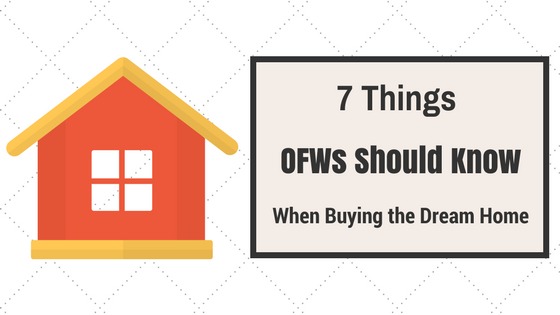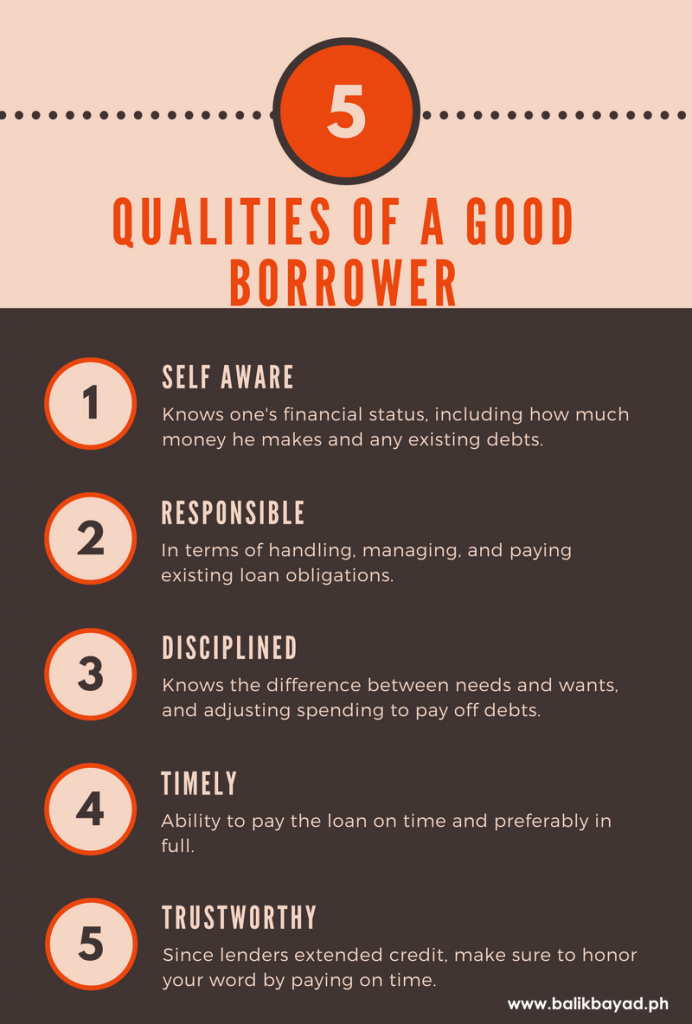This post is intended for the family members of OFWs.
According to the survey conducted by the Bangko Sentral ng Pilipinas, fewer OFW families save, with 96.6 percent of OFW households relying heavily on remittances. In fact, the money received from abroad are used to pay for basic needs, which showed that the money remitted to them are their main source of cash.
This could be dangerous, especially when you look into the long-term aspect. Being an Overseas Filipino Worker, although yields higher income, is still full of uncertainty. This is why the BSP recommended putting money in the banks since remittances not only fuels domestic consumption but also helps finance other productive sectors in the economy.
How can you do that? Here’s how:
1) Start by discussing the Family Dynamics.
This is the first step you need to do as a family. Schedule one day so you can sit down as a family and discuss how to handle the money you will receive from the OFW member. You already have an idea how much money your OFW member is making, so agree on how much money you will receive, how much will be alloted for savings, and who else can contribute to augment the daily needs of the family. Abled members must also work and not just rely on the remittances.
By doing this, you are not only helping your OFW member in financing the family’s needs but also being sensitive about his/her personal needs as well.
2) Look for alternative ways to earn money.
Every OFW family, no matter how big the OFW is earning, must not rely on the family member working abroad alone. Since you already discussed and laid down rules on what to do as a family, look for opportunities that allow you to grow money.
You can open a sari-sari store or engage in buy-and-sell of goods like clothes or toys. If anyone in the family has a special skill, say baking or crafting, use it as an opportunity to earn money. There are many options. Be creative and think of ways on how to help.
3) Budgeting is key.
You already agreed as to how much you should get every month. At this point, you already identified what you can do to increase your cash flow. The next step is to set a budget.
Every month, set aside portion of the remitted money plus other cash sources to basic needs – utilities, grocery, allowances, and savings. Consider tracking all expenses, no matter how small the amount is, so you will know where to cut down. Building a realistic budget doesn’t happen overnight, so make sure you do this religiously.
4) Discuss the future.
Being an OFW is not forever. At some point, the OFW member in the family will come home and realize that there are limited opportunities for him/her abroad. Before that happens, make sure you established your future plans as a family.
There is not perfect formula when discussing your future plans. It could involve a new house, new car, P1 million in the bank account, or a sustainable business, whatever depends on the family.
Keep in mind that achieving financial freedom as a family is a team effort. One cannot drive a car without gas in it. Help the OFW member in the family by doing the tips enumerated above and you will worry less about the future in no time.

 Who doesn’t want to own a car? Aside from your Dream Home, you surely want a vehicle that can bring you and your family from point A to point B with ease and comfort as part of the fruits of your labor. Similar to a house, buying a car can be costly on your wallet too.
Who doesn’t want to own a car? Aside from your Dream Home, you surely want a vehicle that can bring you and your family from point A to point B with ease and comfort as part of the fruits of your labor. Similar to a house, buying a car can be costly on your wallet too. 1) Reason of Purchasing a Home
1) Reason of Purchasing a Home